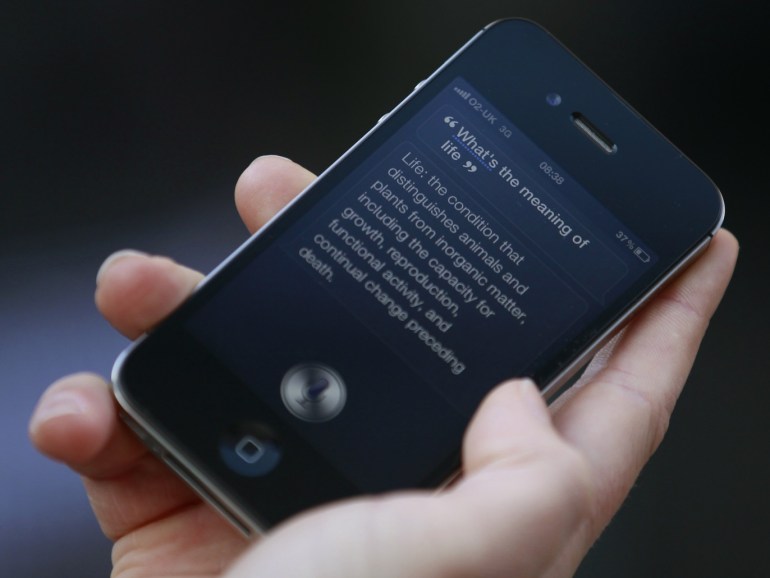App Helps Brazil’s Indigenous People Communicate in Their Languages
The indigenous populations in the Brazilian Amazon have long faced challenges in texting in their local languages, but a new app has provided a solution that allows these communities to use their own language characters for communication, as reported by the French news agency.
The application, called “Linklado,” was launched in August 2022. The name is a combination of “link,” which refers to indigenous languages, and “clado,” derived from the Portuguese word “teclado,” meaning keyboard.
The app aims to provide indigenous people living in remote areas of the vast Amazon as well as urban centers with a digital keyboard suitable for their languages when network connectivity is available to them.
According to Cristina Kerino Mariano, a member of the Tekona indigenous group, “Linklado app is very beneficial for me and indigenous people, as before its creation, we were unable to write what we wanted on our phones.”
Not all individuals in these groups are proficient in Portuguese, the official language of Brazil, and the phones available in the country are only equipped with the Latin characters used in this language.
While the cultures of the indigenous people in the region now known as Brazil were primarily oral, writing entered the area when European settlers sought to document it.
Previously, none of these languages were available on the mobile phones, which have become essential in the lives of around 1.7 million indigenous people in Brazil.
Since the phones were not equipped with a suitable keyboard, “indigenous people largely communicated through voice messages,” according to Linklado project coordinator Noemia Ishikawa.
Ishikawa, a 51-year-old biologist, faced challenges in translating her research and sharing it within local communities, stating: “For 14 years, I sought a keyboard to solve this problem.” Her wish was fulfilled with the help of two non-indigenous students, Juliano Portela (17 years old) and his friend Samuel Benzakri (18 years old), who, upon learning about the issue from Samuel, who had good programming knowledge, began designing the application.
Juliano explains that “creating the application took four days, and we never imagined we would accomplish it so quickly.” The app underwent testing from May and was released for free in August of the same year.
The app currently “works in various indigenous languages of the Amazon region,” about 40 languages, according to Portela, who is pursuing his studies in the United States like Benzakri.
The app has been downloaded more than three thousand times, but Portela indicates that the number of users is larger, saying, “During the testing stages, we used a file we sent via WhatsApp, and some indigenous people used the archive before the app was even launched.”
In addition to daily communication, the app allows for the translation of books and other texts from Portuguese to indigenous languages. It also enables women from these communities to generate income using their knowledge of local languages. A project named “Linkladas” was established to bring together these translators, including former indigenous language teacher Rosilda Cordeiro da Silva, who considers the app “a very positive factor” and boosts her confidence as she translates.
The app also aids in preserving some indigenous languages. Vanda Witoto, an activist, is attempting to “preserve the Witoto language” of the Witoto group. She says, “The keyboard allows us not to use other characters not found in our language.”
Beyond the Amazon region, safeguarding terminologies poses a global challenge, as half of the world’s languages are at risk of extinction by 2100, the majority belonging to indigenous populations, according to a report published by the United Nations in 2018.



